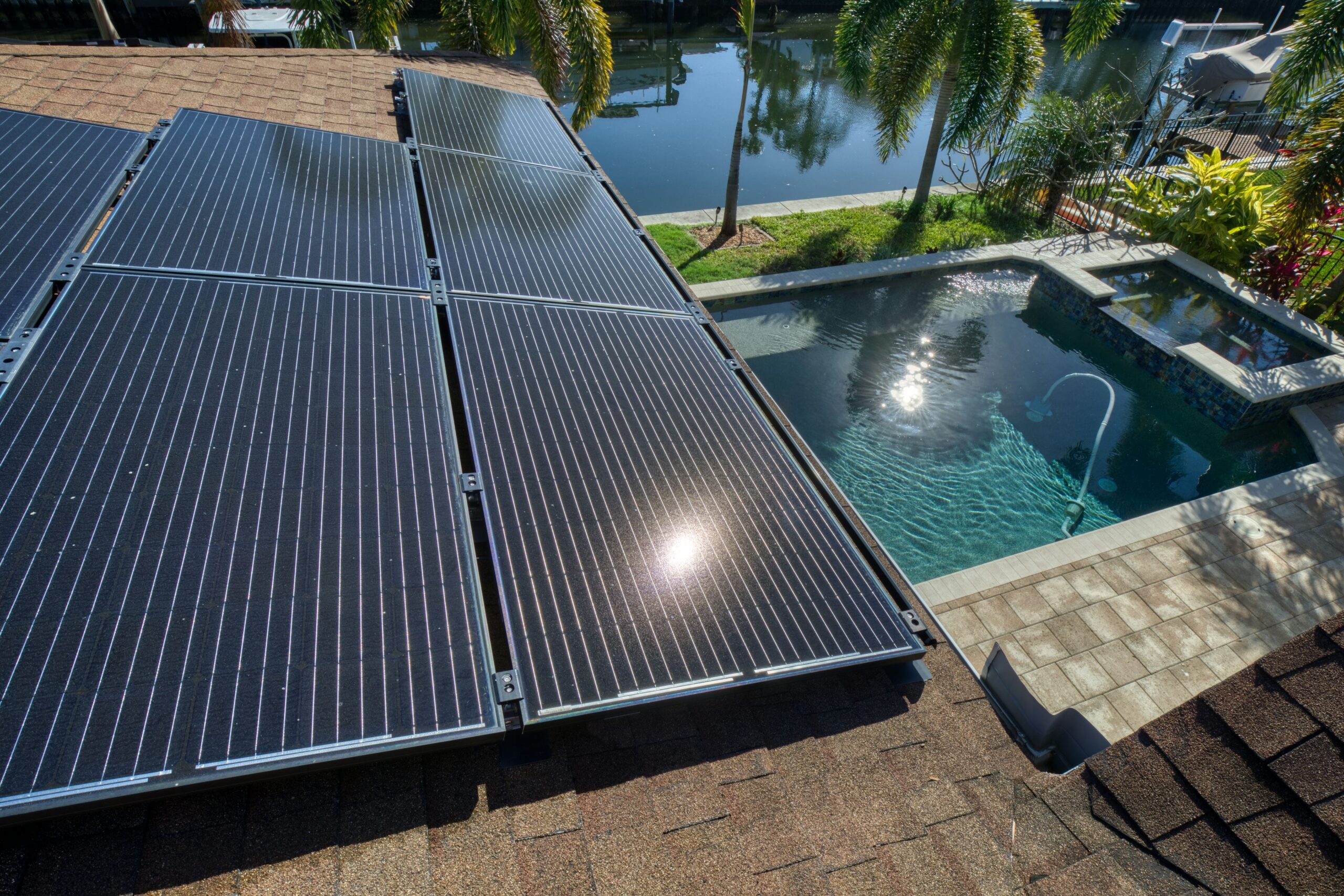
Did you know that freeing yourself from the power grid will alleviate your power bill from increasing incrementally over time? It’s true – those that do not move to solar at some point will face a lifetime of increasing electric bills!
In Florida, for example, electric bills have gone up incrementally for the last several years! Many other states are following the same path.
Solar radiation is light – also known as electromagnetic radiation – that is emitted by the sun. While every location on Earth receives some sunlight over a year, the amount of solar radiation that reaches any one spot on the Earth’s surface varies. Solar technologies capture this radiation and turn it into useful forms of energy.
There are two main types of solar energy technologies—photovoltaics (PV) and concentrating solar-thermal power (CSP).
You’re likely most familiar with PV, which is utilized in solar panels. When the sun shines onto a solar panel, energy from the sunlight is absorbed by the PV cells in the panel. This energy creates electrical charges that move in response to an internal electrical field in the cell, causing electricity to flow.
Solar panels are pretty simple really! Essentially what happens is that solar panels record the sun’s energy and then work to convert that energy into power for your home. After sunlight hits the solar panels, it’s captured within photovoltaic cells and transported to an inverter where it’s converted from direct current DC electricity to usable AC electricity. From there, the electricity is ready to be used by you and your home and/or are stored in battery banks
Solar energy is sustainable, renewable, and plentiful. As the cost of using solar to produce electricity goes down each year, many Americans are increasingly switching to solar. Now, there are over a million solar installations across the country. Below are additional benefits of switching to solar electricity.
Financial returns and lower monthly utility bills are major incentives for going solar. The exact savings you will see with solar depends on the following:
A solar electric system provides an opportunity for anyone who is looking to reduce monthly utility bills and make a long-term, low-risk investment.
Solar panels are viewed as upgrades, like a renovated kitchen or a finished basement, so purchasing a solar energy system will likely increase your home’s value. Studies show that homeowners pay a premium for a solar home; one study by Lawrence Berkeley National Laboratory showed that on average, solar increased the value of a home by about $15,000. Although market factors like electricity rates and system size may impact the size of the premium, solar homes can sell for more than homes without solar energy.
The solar resource of the United States is enormous. In fact, just one hour of noontime summer sun is equal to the annual U.S. electricity demand. Most states in the United States have good-to-excellent solar resource. Even places with relatively low solar resources, such as the Pacific Northwest and Alaska, can experience cost savings, and have similar solar resources to countries that have widely developed solar, like Germany.
Each kilowatt-hour (kWh) of solar that is generated will substantially reduce greenhouse gas emissions like CO2, as well as other dangerous pollutants such as sulfur oxides, nitrogen oxides and particulate matter. Solar also reduces water consumption and withdrawal.
Are you ready to learn more? Just fill out the FREE ESTIMATE form below to start the process!

Website Development by WBN Marketing of Florida